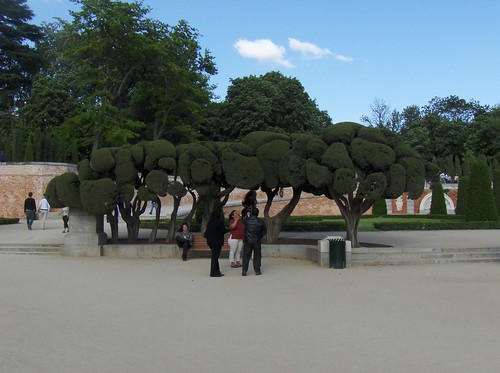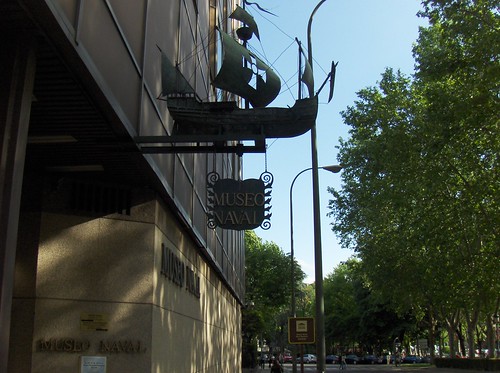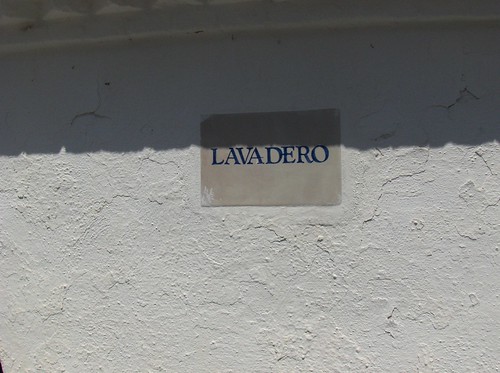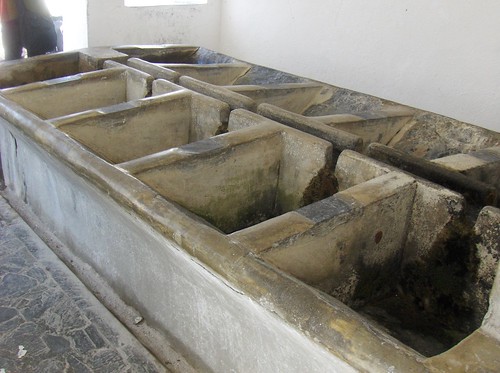There are some notable exceptions. I'm not a complete philistine. The Musee d'Orsay in Paris, the van Gogh museum in Amsterdam - these are institutions which I would visit again and again, given half a chance.
Today I'm happy to add another cultural institution to that relatively short list. Near the Prado, but not a part of it, is the Museo Thyssen-Bornemisza, one vertex of Madrid's so-called "Triangle of art", the other two being the Reina Sofia and the Prado. A wonderful gallery, not so large as to be overwhelming, and filled with some truly astonishing art.
From Wikipedia:
The collection started in 1920 as a private collection by the late Baron Hans Heinrich Thyssen-Bornemisza (1921–2002). He assembled most of the works from his relatives' collections and proceeded to acquire large numbers of new works to produce what is one of the world's finest private art collections. In 1985, the Baron married Carmen Cervera (a former Miss Spain 1961) and introduced her to art collecting. Carmen's influence was decisive in persuading the Baron to decide on the future of his collection and cede the collection to Spain. The museum was opened in 1992 after an agreement was reached between the Baron and the Spanish government. A year later the collection was bought outright.
The Baroness remains involved with the museum. She personally decided the salmon pink tone of the interior walls and in May 2006 publicly demonstrated against plans of the Mayor of Madrid, Alberto Ruiz-Gallardón to redevelop the Paseo del Prado as she thought the works and traffic would damage the collection and the museum's appearance.
As you enter the permanent collection, you are faced with four life-sized portraits, of Rey Juan Carlos and Reina Sofia, and of the baron and baroness (the former Miss Spain). These are done in full, flattering "society" style, by a Spanish artist presumably well-versed in this kind of portrait. Inside, as part of the collection itself, there is another, superior, portrait of the baron, by Lucian Freud:

I wandered into this museum at 12:30 this afternoon, and didn't come out again until 5:45 pm. And only the last 30 minutes of that time was spent in the cafeteria. I scarcely noticed the time going by. Truly a wonderful afternoon. If you ever find yourself in Madrid, with limited time, this should be your museum of choice. It's a jewel.
The plain people of Ireland: Here! Aren't you going to explain the title for this post?
The management: Thank you for reminding me. Apparently much of the baron's family fortune was made in the elevator business. What Irish people call "lifts".
The plain people of Ireland: There's no call to be condescending, you know. We know perfectly well what elevators are.
The management: I beg your pardon. That was indeed rude of me. You are quite right. Please accept my apologies.




















